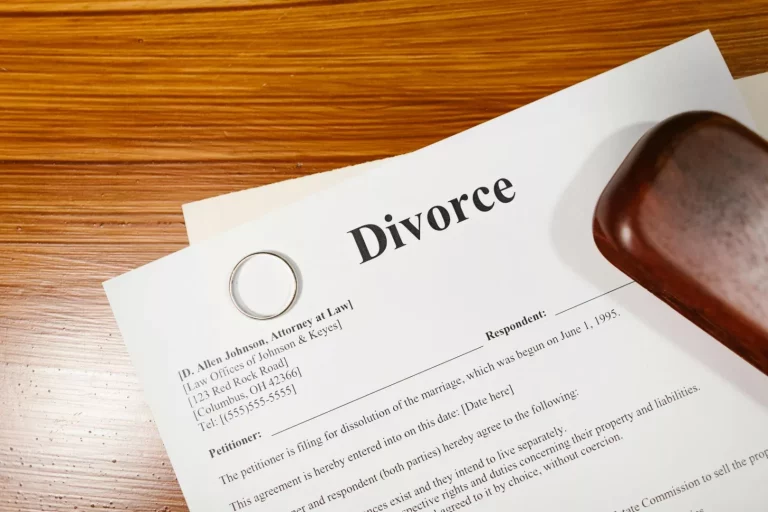Settlement Checklist
Most divorces end up settling. A settlement is usually the most desirable way to end a divorce since both parties walk away feeling that they have won in some way. It also avoids the need for hurtful testimony and expensive trials. A settlement allows you to work out an agreement that is best for both of you – and your children. Although judges try to make decisions that are fair, they don’t know your situation as well as you do and can’t possibly understand everything involved in the divorce. Creating a settlement gives you control over the situation and allows you to tailor an agreement to fit your situation.
To make sure that your final divorce agreement gives you the protection that you want, use this checklist to include those items that pertain to you:
The Divorce Process
- Who pays the legal fees?
- Will your spouse pay legal fees and court costs if you have to take them back to court for non-support or not complying with the agreement? Will there be interest charges?
Property
- Who gets which property?
- Who gets which debt?
- If the pension is to be divided, has the proper paperwork been prepared?
- If there is a property settlement note, is it collateralized? Is there interest?
- If you get the house, will you get the whole basis in the house?
- If you get the house and need to sell it immediately, will you be responsible for the entire capital gains tax?
Alimony/Maintenance
- How much maintenance and for how long?
- If maintenance is not awarded now, can it be awarded later?
- Will there be life insurance to cover maintenance in the event of the payor’s death?
Child Support
- How much child support and for how long?
- Will support change during college or when the parenting plan changes?
- Who has custody of the children and what does the parenting plan look like?
- Who pays related child-related expenses for school and unusual expenses?
- Who will deduct the children on income tax returns?
Understand the Difference Between Survival & Merger
Some portions of a divorce agreement can be changed later, others cannot.
Provisions of an agreement, that “survive” have an independent life of their own; they cannot be modified later – even if there is a change in circumstances. In matters of property division or alimony, the provisions survive as an independent contract, forcing compliance. Failure for either party to comply results in contempt of court.
Alternatively, an agreement that is merged is a court order; court orders are subject to modification. Court-ordered support and custody can be subject to modification by the court at a later date because the court recognizes that issues relating to children can always change (and, hence the best interest of the children may change). Upon filing a Complaint for Modification, if the party can meet the burden of proof, changes can be made.
No matter where you live in Massachusetts, contact the divorce lawyers and family law attorneys from The Massachusetts Family Law Group. We represent every sort of divorce matter you could ever imagine at our offices in Norwood, Andover, Plymouth and on Cape Cod.
From here, you may want to view the chronology of a divorce action in the Massachusetts Probate and Family Court.
We accept all major credit cards and offer a 30-minute no-obligation initial consultation. Contact us to schedule an appointment, or call (800) 910-DIVORCE.



